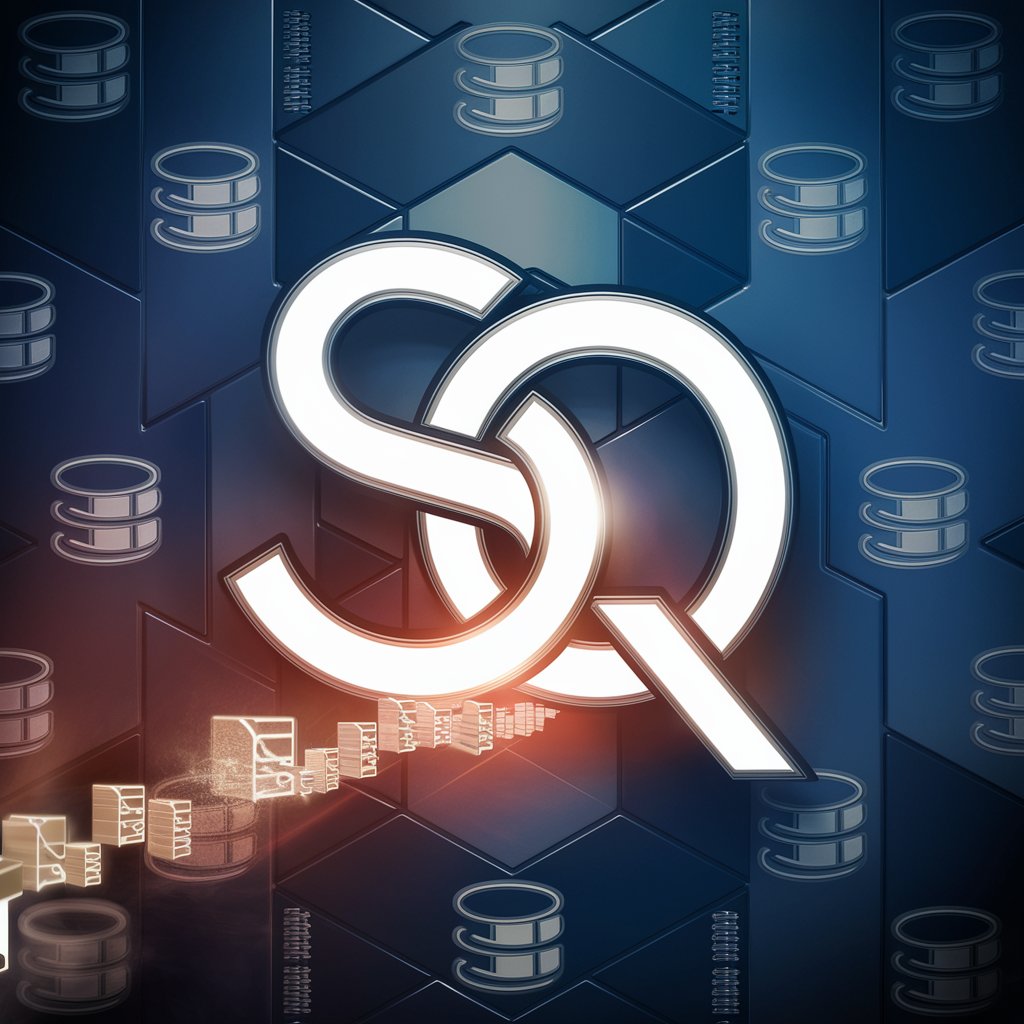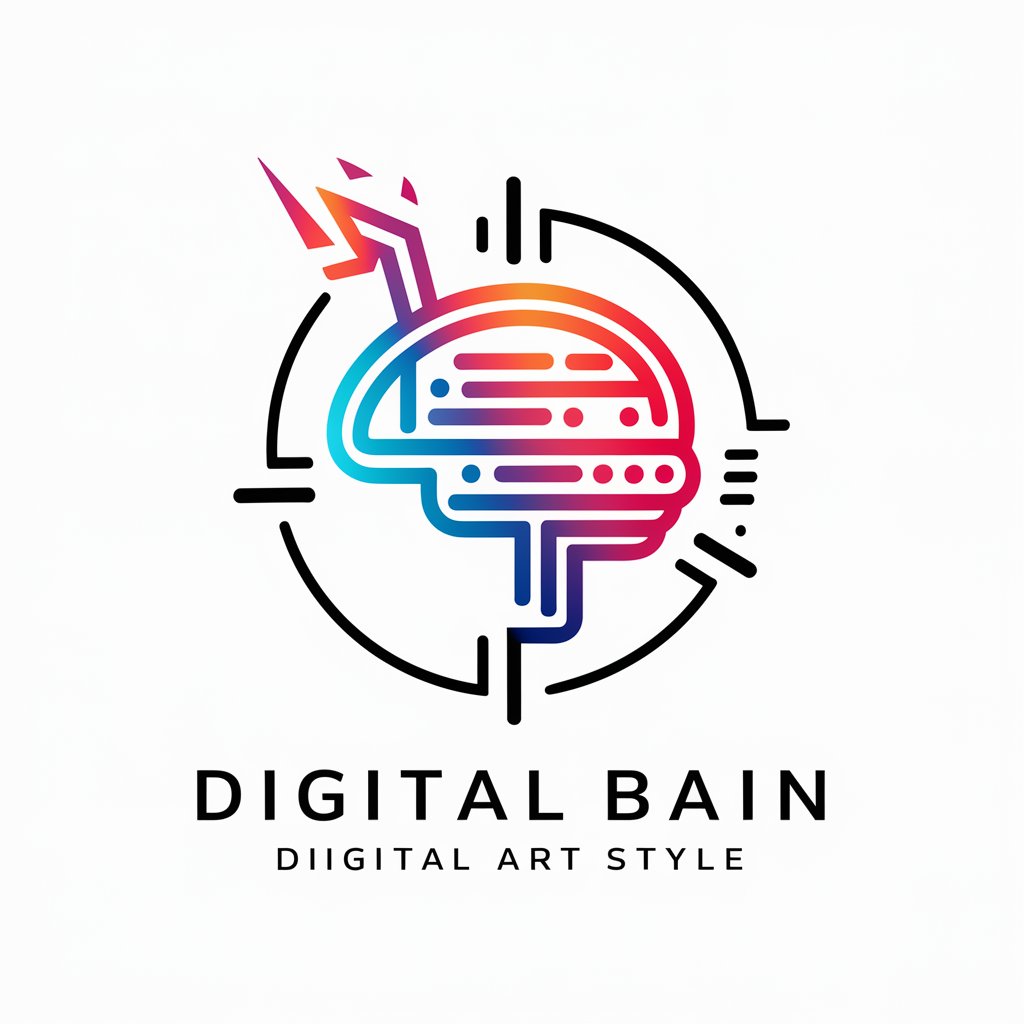SQL - SQL Learning Platform

Hello! Let's explore the world of SQL together.
Empowering Data Operations with AI
How do I design an efficient database schema?
Explain the concept of normalization in database design.
What are the different types of SQL joins and their uses?
How can I optimize SQL queries for better performance?
Get Embed Code
Introduction to SQL
Structured Query Language (SQL) is a standard programming language specifically designed for managing and manipulating relational databases. SQL is used for creating, modifying, and extracting data from relational database management systems (RDBMS). It enables users to define the data in a database, manipulate that data, and query it to obtain specific information. SQL functions through declarative statements, allowing users to specify what data is needed rather than how to retrieve it. An example of SQL in action is creating a database table for storing customer information, which includes operations such as INSERT to add new records, UPDATE to modify existing records, and SELECT to retrieve records. For instance, a business might use SQL to manage inventory data, track customer orders, and analyze sales trends to make informed decisions. Powered by ChatGPT-4o。

Main Functions of SQL
Data Querying
Example
SELECT * FROM Customers WHERE Country = 'Germany';
Scenario
A business analyst retrieves all customer records from Germany to analyze market penetration.
Data Manipulation
Example
UPDATE Products SET Price = Price * 1.1 WHERE CategoryID = 2;
Scenario
A retail manager increases the price of all products in category 2 by 10% ahead of a seasonal sale.
Data Definition
Example
CREATE TABLE Employees (ID INT PRIMARY KEY, Name VARCHAR(100), Position VARCHAR(50));
Scenario
An HR department sets up a new table to manage employee records, including their ID, name, and position.
Data Control
Example
GRANT SELECT ON Employees TO User_Jane;
Scenario
The database administrator grants a user, Jane, the permission to query data from the Employees table.
Transaction Control
Example
BEGIN TRANSACTION; UPDATE Account SET Balance = Balance - 100 WHERE ID = 1; UPDATE Account SET Balance = Balance + 100 WHERE ID = 2; COMMIT;
Scenario
A banking application transfers $100 from account 1 to account 2, ensuring both operations complete successfully before committing the transaction.
Ideal Users of SQL Services
Database Administrators (DBAs)
DBAs use SQL to manage database systems, ensure data integrity, implement security measures, and optimize database performance. SQL skills are fundamental for DBAs to perform their roles effectively.
Data Analysts and Scientists
These professionals rely on SQL to query and manipulate data for analysis, reporting, and data visualization tasks. SQL enables them to extract insights and make data-driven decisions.
Software and Web Developers
Developers use SQL to integrate database functionalities into software applications and websites. Knowledge of SQL allows them to design, implement, and manage data-driven features efficiently.
Business Analysts
Business analysts use SQL to access and analyze data, create reports, and provide business insights. SQL skills help them understand data trends and support strategic business decisions.

Steps for Using SQL
Initiate Your SQL Journey
Begin by exploring yeschat.ai for a complimentary trial, accessible immediately without any login requirements or the need to subscribe to ChatGPT Plus.
Understand SQL Basics
Learn the fundamentals of SQL, including data types, structure, and syntax. Familiarize yourself with key operations such as SELECT, INSERT, UPDATE, and DELETE.
Practice Queries
Use sample databases to practice writing and executing queries. Start with simple queries and gradually move to complex ones involving JOINs, subqueries, and aggregate functions.
Explore Advanced Features
Dive into advanced SQL features such as stored procedures, triggers, and indexes to optimize and automate database operations.
Apply SQL in Real-world Scenarios
Identify real-world applications of SQL in your field of interest. Practice building databases, querying data, and analyzing results to gain insights.
Try other advanced and practical GPTs
Fax
Unveiling Truths with AI Precision

Year Planner Pro
AI-powered Strategic Planning Assistant

Jyotish
Unlock Your Cosmic Potential with AI

Blog Coach
Empowering Your Words with AI

Dog Bed
Empowering pet owners with AI-powered dog bed insights.

Endometrial Cancer
Empowering Endometrial Cancer Understanding with AI

Door
Unlocking Door Knowledge with AI

NFTs
Empowering digital ownership with AI

Bulmore Social Media Manager
Elevate Scientific Engagement with AI

Business Design Reviewer
Empower Your Ideas with AI-Powered Analysis

Продавец KILLPRICE
Your AI-Powered Electronics Guide

Maximize Your Real Estate
Elevate Real Estate with AI

Frequently Asked Questions about SQL
What is SQL?
SQL, or Structured Query Language, is a standard programming language specifically designed for managing and manipulating relational databases.
How does SQL differ from NoSQL?
SQL databases are relational, table-based systems, ideal for complex queries and transactional operations. NoSQL databases are non-relational, offering more flexibility and scalability, suitable for large sets of distributed data.
Can SQL be used for data analysis?
Yes, SQL is widely used in data analysis to extract, filter, and process data from databases, allowing analysts to derive meaningful insights from large datasets.
What are the benefits of learning SQL?
Learning SQL offers the ability to interact with databases, an essential skill in many fields such as data analysis, software development, and database administration. It enhances one's ability to handle data efficiently and make data-driven decisions.
Are there different versions of SQL?
While SQL standards are maintained by the ANSI, various database management systems implement their version of SQL, leading to variations such as T-SQL for Microsoft SQL Server and PL/SQL for Oracle Database.
